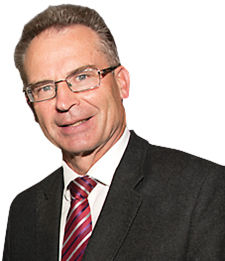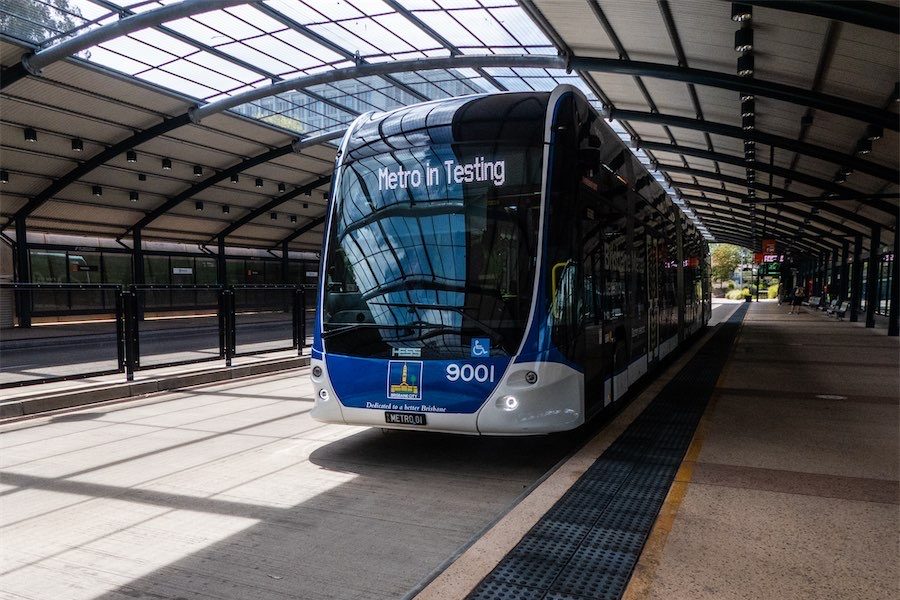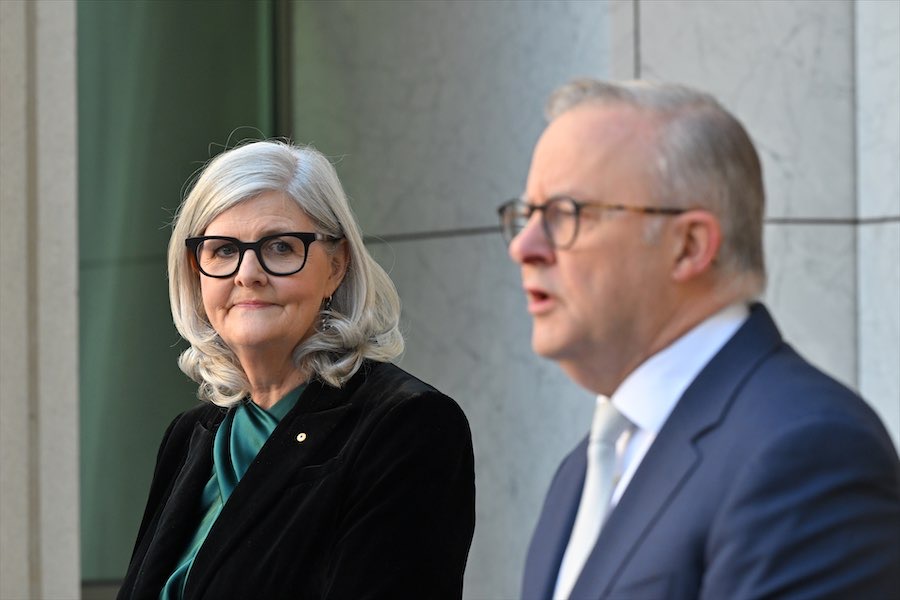“The over-representation of Aboriginal and Torres Strait Islander children in out-of-home care or in touch with the child protection system is not seen by the government as of particular importance or, in any event, is clearly not a funding priority,” writes JON STANHOPE.
ON National Aboriginal and Torres Strait Islander Children’s Day (August 4), the Our Booris, Our Way Implementation Oversight Committee (OBOWIOC), released a statement detailing the lack of progress in the implementation of the recommendations of the Our Booris review.

The review involved a forensic assessment of all Aboriginal and Torres Strait Islander children involved in the child-protection system in the ACT.
It was commissioned by the ACT government, with great fanfare, in mid-2018, following a vigorous campaign by the Aboriginal community for the massive over-representation of Aboriginal children in touch with the care and protection system to be addressed.
The final report, delivered in 2019, was preceded by a number of interim reports, the first of which was delivered in late 2018, just on three years ago, because of the urgency the Our Booris review members attached to the first tranche of recommendations it developed. The review ultimately resulted in a total of 28 recommendations to government.
The OBOWIOC, which is chaired by Barbara Causon, advises that in mid-2018, when the review was commissioned, there were 227 Aboriginal or Torres Strait Islander children in out-of-home care in the ACT but that number has since increased to 235. It also revealed that while Aboriginal children comprise 3 per cent of the local 0-17 age population they make up about 30 per cent of children in out-of-home care in Canberra. This is the third highest rate in Australia.
With admirable restraint, but undisguised impatience, the OBOWIOC included the following observation in its Children’s Day statement: “We are tired and frustrated by the lack of progress and feel disappointed that 18 months after the final report not one recommendation has been fully implemented. We are particularly disappointed that key recommendations from the final report that addressed the need for targeted support programs have not been delivered.”
On reading this I wondered about the meaning of the ACT government’s failure to adopt and/or implement the Our Booris recommendations. The obvious implication is that the over-representation of Aboriginal and Torres Strait Islander children in out-of-home care or in touch with the child protection system is not seen by the government as of particular importance or, in any event, is clearly not a funding priority.
The government’s willingness to let years drag by without moving to fully implement any of the recommendations also confirmed for me one of the potential hazards of raising the age of criminal responsibility. Noting the massive over-representation of Aboriginal and Torres Strait Islander children in the ACT in touch with the child-protection system it is not surprising that they are similarly over-represented in both the juvenile and ultimately adult justice systems.
When, as I am hoping and assuming it will, the ACT government raises the age of criminal responsibility, it will be vital that it assures that those children and their families, who might have come into contact with the criminal-justice system but may no longer do so, because of their age and not because of a change in their behaviours, receive appropriate support.
If that does not happen, their introduction to juvenile detention will probably just be postponed until they turn 14, in which event the change in age may potentially do more harm than good.
In addition, there are a range of other data specific to Aboriginal and Torres Strait Islander children in the ACT that validate the call by OBOWIOC for “radical and urgent” change in support programs designed for Aboriginal children and families.
For example, the ACT government report – “A Picture of Children and Young People in the ACT 2018” – reveals that 13 per cent of Aboriginal children in kindergarten were at a high risk of social and emotional difficulties. A rate that is two and a half times higher than that of non-indigenous children.
In similar vein the most recent Australian Early Development Census, which measures the proportion of kindergarten children who are developmentally on track, developmentally at risk and developmentally vulnerable across five separate domains of the Australian Early Development Index (such as social competence, cognitive skills and emotional maturity), found that Aboriginal children in the ACT are twice as likely to be developmentally vulnerable compared to non-indigenous children. Worryingly, the proportion of Aboriginal children in the ACT deemed to be vulnerable on one or more of these domains is increasing.
There is also a range of health data that confirms Aboriginal residents of the ACT have a significantly poorer health status than their non-Aboriginal neighbours.
While deeply disappointing, it is perhaps not surprising then that in the ACT government report referenced above, in a number of domains across Years 3, 5 and 7, the gap in mean scores in reading, writing and numeracy for Aboriginal children and non-Aboriginal children increased significantly in the years from 2013 to 2017. To take just one example, in Year 7 reading, the gap in mean scores increased by a staggering 49 per cent between 2013 and 2017. What then must we do?
As a first step, all recommendations of Our Booris, Our Way should be implemented without further delay and in tandem the government should establish a Royal Commission into all aspects of Aboriginal and Torres Strait Islander disadvantage in the ACT.
Who can be trusted?
In a world of spin and confusion, there’s never been a more important time to support independent journalism in Canberra.
If you trust our work online and want to enforce the power of independent voices, I invite you to make a small contribution.
Every dollar of support is invested back into our journalism to help keep citynews.com.au strong and free.
Thank you,
Ian Meikle, editor




Leave a Reply